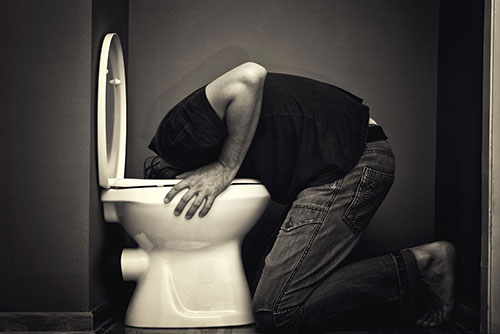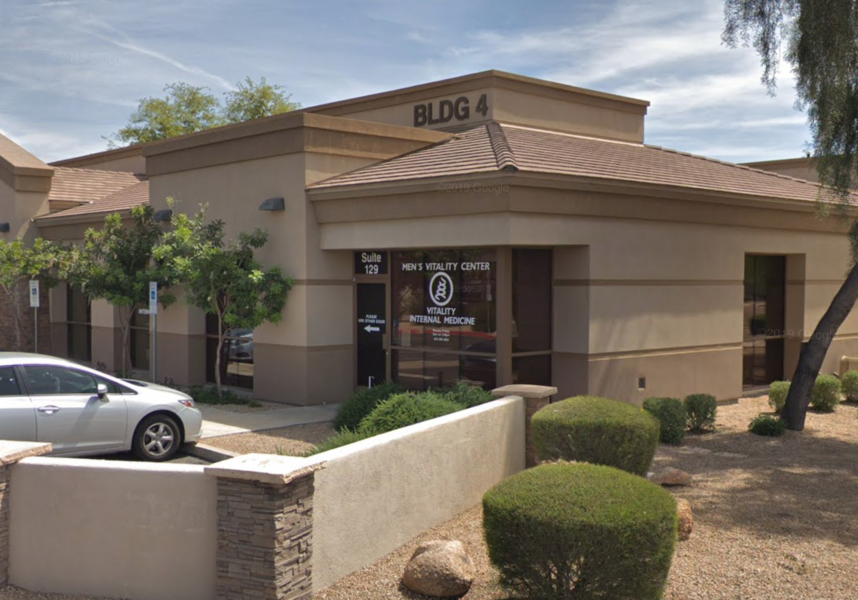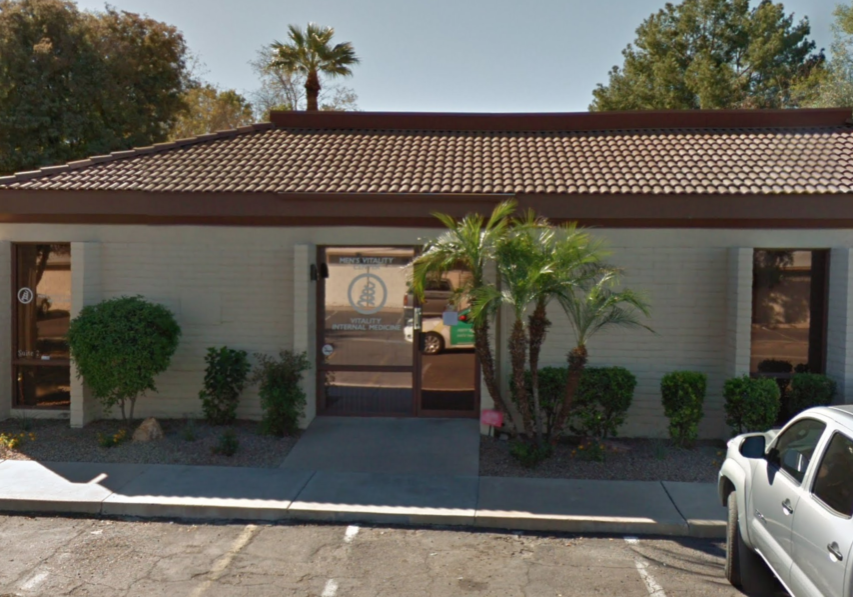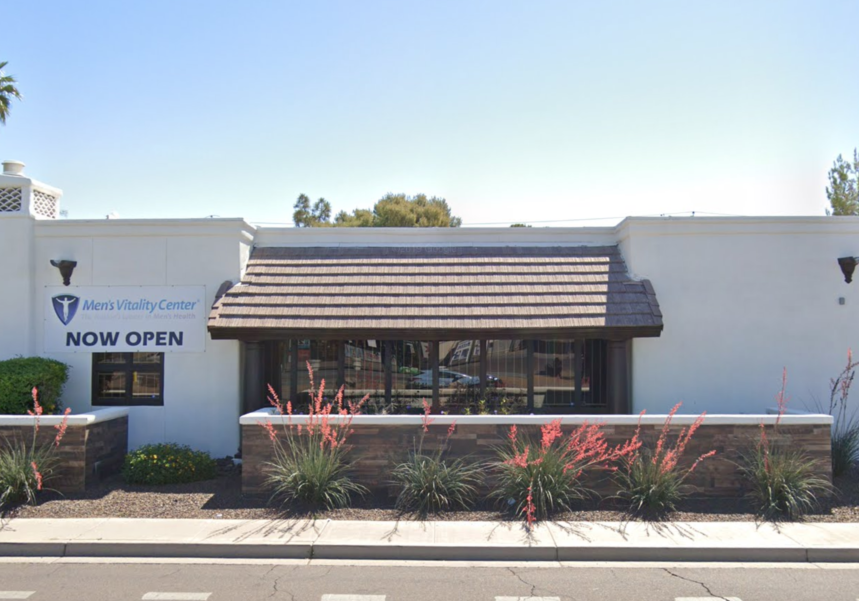It is common in human nature to develop addictions in life. Although there may be some that are immediately harmless (addiction to video games, work, certain foods), the majority of addictions come from the chemical and physiological desires. However, many have fallen victim to drug addictions from pain medications and painkillers. This addiction is called opiate addiction, and one of the most effective ways to treat it is through suboxone treatment. Opiate addiction is extremely dangerous, especially because it comes from a drug that is prescribed by doctors to help with pain management or for post-surgeries.
If you or someone you know has become addicted, the journey ahead to fight it is difficult and challenging. The road may seem bleak, but there are doctors, specialists, and clinics that will be able to help with recovery during the withdrawal period. Still, many who are facing this challenge have the lingering question of “how long does the opiate withdrawal period last for?”
The Duration of the Opiate Withdrawal Period
Addictions to opioids is dangerous, and the ones that have lasted for years or decades are the most difficult ones to overcome. Even when the dosage is relatively small, a long-term habit often creates a deeply ingrained dependence. For example, those who have taken opioids for 15-25 years are going to need not only strength to fight it, but also substantial medical and emotional assistance, too. This is a must for those who are really looking to break out of the cycle and begin the journey through the difficult early stages of recovery. Most people who have been addicted for years will find it harder to quit, with the former for the individuals who have just recently succumbed to the addiction.
In contrast, if the addiction was fairly new and has only been going on for a year or two, it is a tad easier, but not by much. The reason why it seems “easier” is because the ones suffering can at least have a more clear memory of how life was before the addiction. This helps during the withdrawal period. Those who have been addicted for decades often don’t know how to go about their daily lives with the addictive substance.
To start, the withdrawal period will cause the victim to experience similar symptoms of the flu, and this may last for a month. Then intense headaches, nausea, and insomnia may settle in. This often times is very painful, and medical assistance is needed.

Symptoms of withdrawal includes nausea and vomiting
The time frame is usually split into many different stages based on the effect it has on you. During the second week, the flu-like symptoms will remain, but you may also suffer from some brain fog. People in this stage may find that they are very irritable, and trying to make level headed decisions will be extremely tough. These are one of the many few reasons why a clinic is important during this stage. In a sense, you need to protect yourself to get through this time in your life.
The Toughest Stage During Withdrawal
After at least four hard weeks, you will begin to feel better. The flu symptoms may have disappeared, but the next part is most known as the “hardest”. Due to the chemical components of opioids, the body will begin getting cravings for it. Some people will report that these cravings are the worst during the withdrawal period (even worse than the withdrawal itself!). The only way to fight the cravings during this time is to find the support from family and friends and have them help you on your journey.
When you are asking how long withdrawal lasts, you are more so asking about a long process that will require you to fight and grow. Once back on track and you can enjoy living your life again, and the feelings of pride and happiness will wash over knowing that the addiction to opiates has been conquered.
Opiate addiction and withdrawal is no laughing matter. It can destroy future plans and goals, gnaw through relationships, and create long term and sometimes even irreparable damages to your loved ones’ lives as well. Most of the time, those who are addicted deny that they need help. It is up to you to fight against the urges, one form or another, to overcome it and start life anew.
If you or a loved one is experiencing signs of addiction, please seek help immediately. Get in contact with Men's Vitality Center today and help them get on the road to recovery today.
Schedule Your Appointment
Fill out an appointment request to have one of our team members reach out to you or CALL(480) 534-5846 to set up your appointment today.
Find a Men's Vitality Center Near You
We pride ourselves on being a comprehensive Internal Medicine practice that specializes in Male Testosterone Replacement Therapy (TRT), Women's Hormone Replacement Therapy (HRT), Adult Internal Medicine and Opiate Addiction Treament near you.
3 Locations Valley-Wide to Best Serve You. Select a Clinic Below for Location Details & Google Reviews










